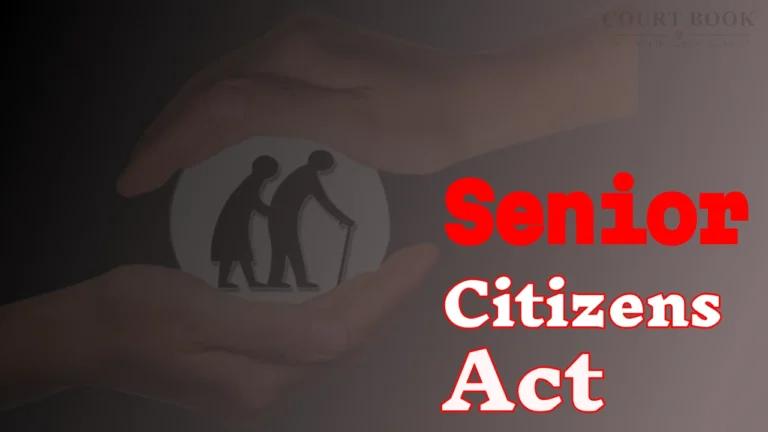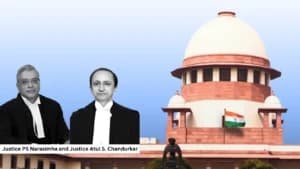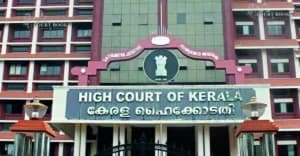In a significant judgment, the Kerala High Court clarified the scope of liability under the Maintenance and Welfare of Parents and Senior Citizens Act, 2007. The bench comprising Justices Sathish Ninan and P. Krishna Kumar ruled that only a legal heir of a childless senior citizen can be compelled to provide maintenance, dismissing the broader interpretation adopted by lower tribunals.
Background of the Case
The case involved a childless senior citizen, the third respondent, who had gifted her property to her nephew via a gift deed in 1992. After the nephew's death in 2008, the property devolved to his wife, the appellant. The senior citizen sought maintenance from the appellant under Section 4(4) of the Act, claiming the appellant was obligated as she possessed the gifted property.
Read also:- Kerala High Court Acquits Accused in NDPS Case Due to Lack of Evidence on Possession and Identification
The Maintenance Tribunal and Appellate Tribunal upheld this demand, but the High Court overturned their decisions, emphasizing a strict interpretation of the term 'relative' under the Act.
The court examined Section 4(4) of the Act, which states:
"Any person being a relative of a senior citizen and having sufficient means shall maintain such senior citizen provided he is in possession of the property of such senior citizen or he would inherit the property of such senior citizen."
The term 'relative' is defined under Section 2(g) as:
"Any legal heir of the childless senior citizen who is not a minor and is in possession of or would inherit his property after his death."
Read also:- Delhi High Court Quashes FIR in Mutual Compromise Case Involving Relatives
The High Court identified four conditions to classify someone as a 'relative' under the Act:
- The senior citizen must be childless.
- The person must be a legal heir under the applicable personal law (e.g., Indian Succession Act).
- The legal heir must not be a minor.
- The legal heir must either possess the senior citizen's property or stand to inherit it.
Read also:- Supreme Court Sets Aside High Court Order, Directs Fresh Hearing on 4-Year Sentence
The court rejected the argument that mere possession of property creates liability, stating:
"A person who is not a legal heir cannot be a 'relative' under the Act merely because they possess the senior citizen’s property or may inherit it."
The appellant, being the nephew's widow, was not a legal heir of the senior citizen under the Indian Succession Act. Thus, the court quashed the Tribunal's orders, freeing her from the maintenance obligation. However, it left open the senior citizen's right to pursue other legal remedies, such as enforcing terms of the gift deed.
Case Title: S. Sheeja vs. Maintenance Appellate Tribunal & Others
Case No.: Writ Appeal No. 1301 of 2019















